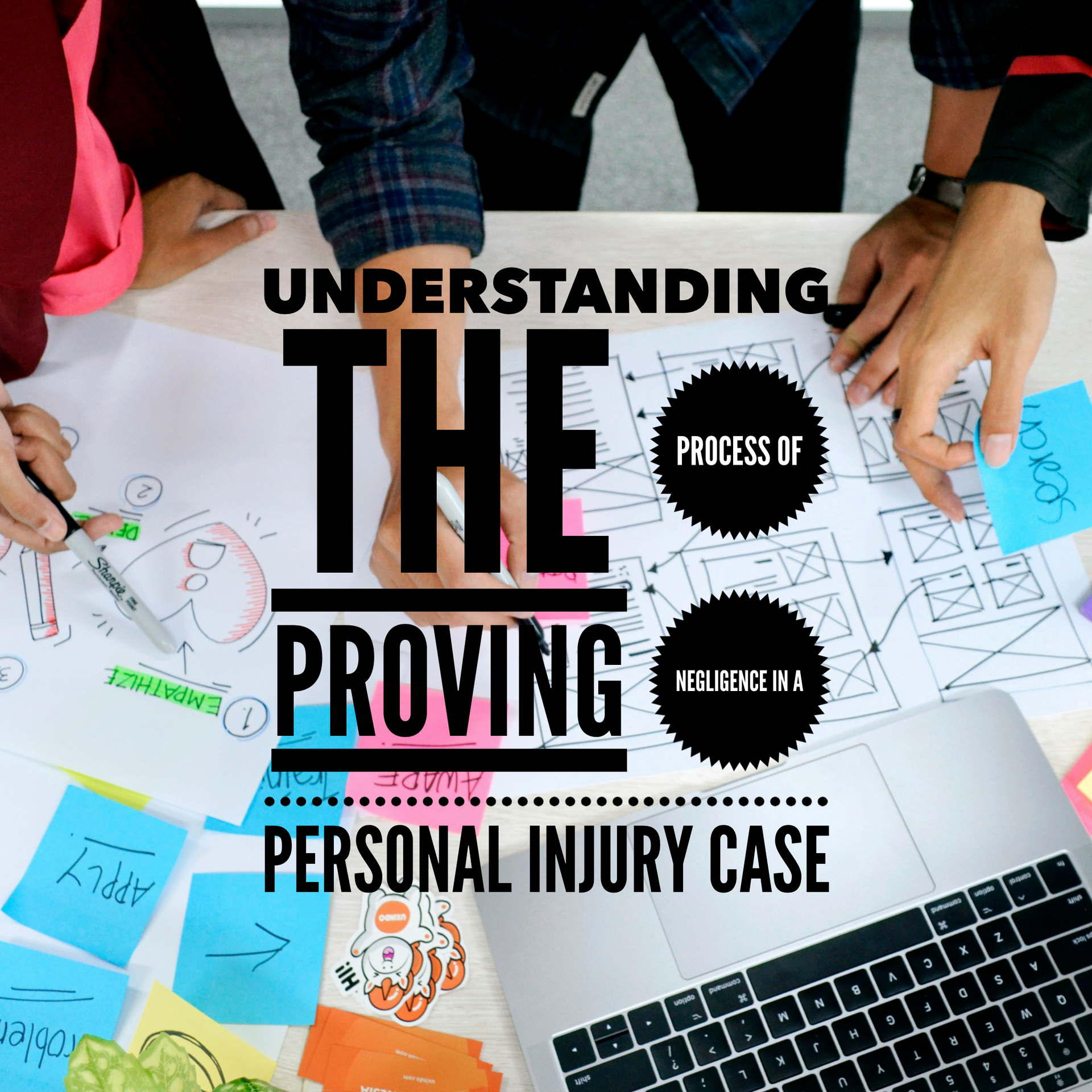P R A C T I C E A R E A S
Avid Injury and Criminal Defense Law Firm
PERSONAL INJURY
Suffering a Personal Injury as the result of another parties negligence can be life changing. You may be entitled to compensation under the law. Learn more today.
DUI DEFENSE
If you have been charged with driving under the influence of alcohol or drugs (DUI, DWI, or DUID), you should get help from an experienced Maryland DUI attorney right away.
CRIMINAL DEFENSE
Have you been charged with a criminal offense? You need to begin building your defense immediately. The first step is to speak with a qualified Criminal Defense attorney.
People often feel uncomfortable about contacting a lawyer and are not sure what they should expect. At the Avid Injury and Criminal Defense Law Firm, we want to change that. We strive to make it less intimidating and more convenient for everyone to get the legal help they need.
We work with people in the Maryland, DC, and Virginia areas who have been injured because of someone else’s negligence or who have been charged with a crime. Every client receives our personal attention, which is often not the case for clients of larger law firms. We always keep the lines of communication open so that you know what is going on with your case every step of the way.
Prince Williams, Esq., our lead attorney, owner, and CEO, founded the Avid Injury and Criminal Defense Firm in 2014 to provide aggressive legal representation for people in the Maryland area who have been charged with DUIs or other crimes as well as people who seek substantial compensation for their injuries.
Our office is located in Bethesda, Maryland. When you need aggressive legal representation to fight a criminal charge or get the compensation you deserve for accident injuries in the Bethesda area or the D.C., Maryland, and Virginia (DMV) area, contact the Avid Injury and Criminal Defense Firm for the personalized help you need.
MEDIA
Prince Williams-Reflections on Life
ARTIST PROFILE PRINCE WILLIAMS
Prince Williams owner of AVID Injury & Criminal Defense Law Firm HD
What To Expect From
The Criminal Process
Being in trouble with the law is an overwhelming and intimidating experience. You may be feeling scared, anxious, frustrated, and deeply concerned about the consequences you may be facing. Having a criminal defense attorney to guide you through the criminal justice system can ease some of your stress and give you confidence that you’re in good hands.
To give you an idea of what to expect during the criminal process, we’ve provided a brief overview of the average case from a procedural standpoint.
Stopped On Suspicion Of A DUI?
Follow These Steps…
If you’ve been pulled over by the police and have been drinking, it’s important to remain calm. Here are the first vital steps you should take to protect your rights.
WHAT OUR CLIENTS SAY ABOUT US
Avid Law Blog
Read our tips, articles, and information to help you protect your family and be safe.













